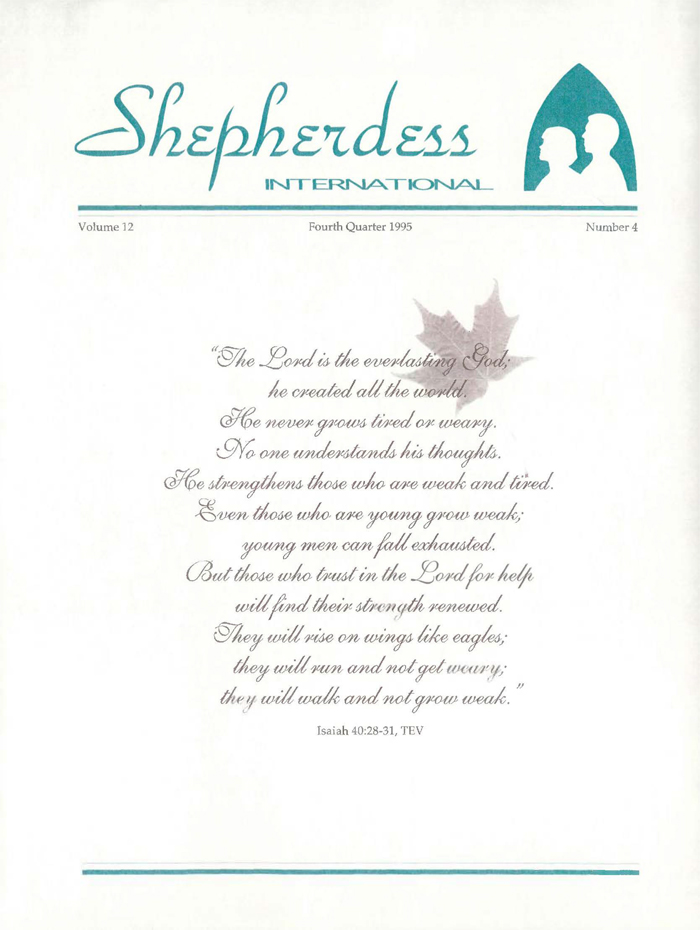There is a Rwandese proverb which says, "You don't come out of the grave twice," but Mrs. Adele Kangabe Sefuku's life testifies differently. She is the mother of seven children; her husband was an ordained minister. She felt God's call to be a literature evangelist in 1987. Pastor Sefuku was sent to a new district and Adele, using her skills in literature ministry, established branch Sabbath schools and saw 50 people baptized.
In 1989 she experienced death's first cold chill grabbing for her life. A torrential rain had fallen. The river she had to cross flooded to the point where water covered a large part of the valley, mostly submerging the bridge. Adele spent the night with an extremely poor family she had never before met. The house was too small and the rain came through the roof. Even though the family was reluctant, Adele prayed with them before retiring and assured them of God's protection. She slept on the ground without mattress or blanket. During the night they heard the cries of unfortunate families being washed away. The next morning, the family's home remained in spite of the fact that more solid homes were carried away.
Because of the mud, walking was difficult and it took six hours to get to the place wheresl le could cross theriver. With her clothes and bag containingher books tied to her neck, Adele stepped into the water. People who had offered to transport her on their shoulders for pay thought she was suicidal. Her response had been thatshehad Someone who was much stronger. As she trudged through water almost up to her neck, she sang "Walking with Jesus, I fear no evil" and "The Lord is my Shepherd." Onlookers mocked and ridiculed.
When she arrived home, the church members collected money to buy a mattress, blankets and sheets for the poor family who had given her lodging. Impressed by Adele's testimony and miracles God performed, the family and neighbors, 19 in all, were converted and became SDA church members.
In April, 1994, war broke out in Rwanda and on a Sabbath at Rwamagana, 3,000 people sought refuge from the genocide in a Catholic school. Adele's husband and two of their children died along with 500 others. Adele not only received a machete cut on her forehead, but was also bludgeoned several times on the head and face. A number of teeth were broken, her right arm fractured and her left hand was wounded by an exploding grenade. She learned that she had lain in the hospital four days without medical help—the IV hanging empty. During this time she was without food, water, clothing, or even a blanket—the "living" had fled. The assassins came back to finish the wounded. The flies covering her body, sucking at her wounds, confirmed to them that she was dead. Her children, the ones who escaped death, found her and got medical help. For 21 days she lay in a coma. For more than three months, Adele underwent surgery and other medical treatments.
In October she assured her publishing leader of her plans to continue in the publishing ministry with more zeal than ever before. When asked how she would address the colporteurs of Rwanda, her response was spontaneous and immediate, "They have an obligation to prove to God that they are thankful for His protection by doubling their efforts to spread the printed page."
